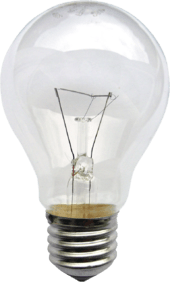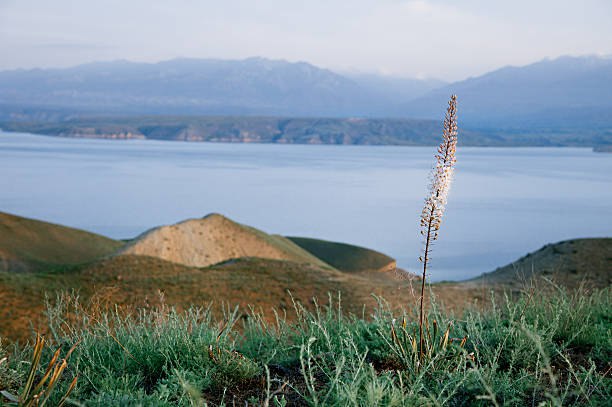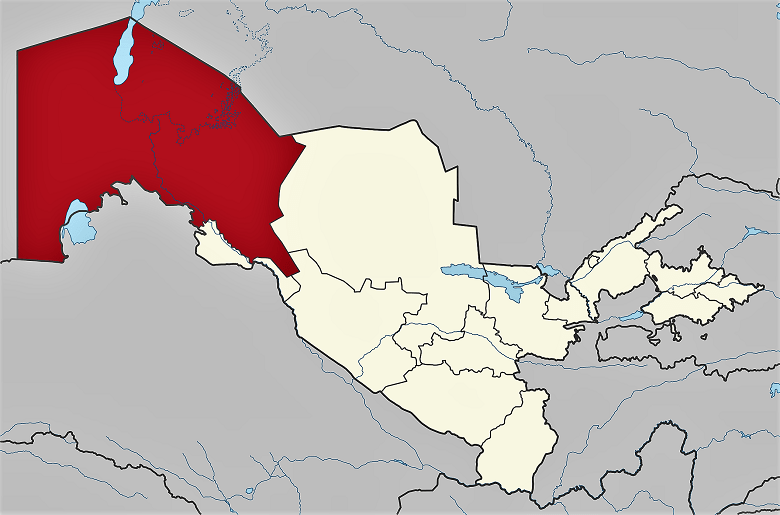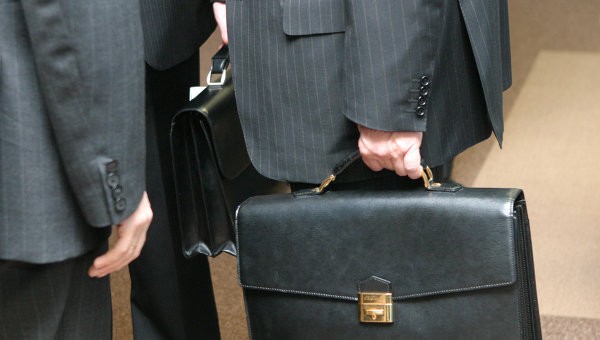TASHKENT (TCA) — Uzbekistan will ban the sale of incandescent lamps of more than 40W starting from 1 January 2017, Avesta news agency reported with reference to the Uzbek Embassy in Tajikistan.
Over the last five years Uzbekistan has opened several production facilities manufacturing modern energy-saving lamps.
By 2020, large cities in Uzbekistan will complete investment projects to modernize street lighting with the use of energy-saving lamps, the embassy said.
Uzbekistan’s national energy company Uzbekenergo earlier recommended Uzbek electricity consumers to switch from using incandescent lamps to light-emitting diode (LED) lamps, in order to save the country’s energy resources.
LED lamps have a lifespan and electrical efficiency that is several times better than that of incandescent lamps, and significantly better than most fluorescent lamps. LED lamps are also environmentally friendly.
According to Uzbekenergo, today Uzbek consumers use more than 43 million incandescent lamps with a power capacity of 60 Watts each. Their total power capacity is 2,939 MW and power consumption 6.4 billion kWh per year. If all consumers in the country switch from using incandescent lamps to LED lamps, Uzbekistan’s annual electricity consumption will reduce by 5 billion kWh, which will save 1.6 billion cubic meters of natural gas or five million tons of coal.
Most electricity in Uzbekistan is generated at gas- and coal-fueled power plants.
In Uzbekistan, LED lamps are produced in the Navoi free economic zone, and by EGL-NUR, an Uzbek-Korean joint venture, in the Angren special industrial zone.
Last August, the joint venture Yorqin Chiroqlar for the production of LED lighting products opened in the Jizzakh special industrial zone. The joint company was co-founded by Jizzakh TPP, part of Uzbekenergo, and Owell, South Korea’s leading LED lighting company.









